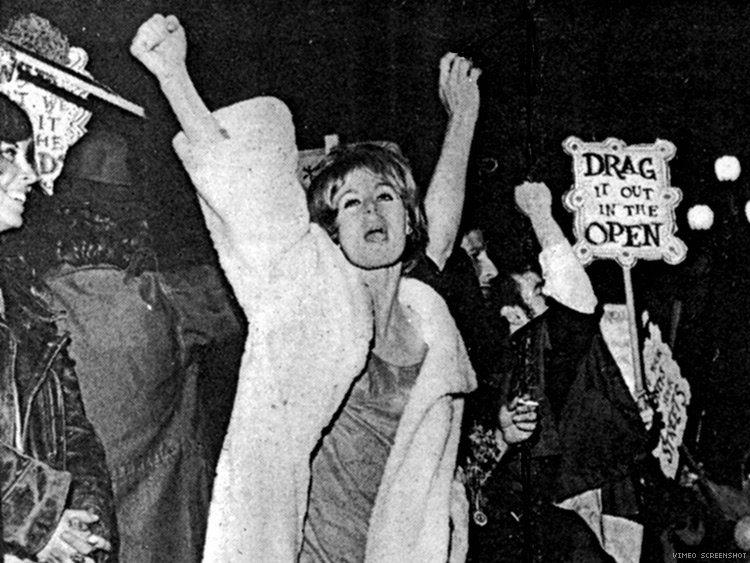The Stonewall Uprising of June 28, 1969 is widely considered to be the cornerstone moment of the modern LGBTQIA+ rights movement and the birth of Pride. On that night, the queer and trans patrons of the Stonewall Inn bar – largely people of color and homeless or street-involved youth – fought back against years of violent police raids and state-sanctioned brutality against their community.
Two prominent community activists who led the charge at Stonewall were Marsha P. Johnson, a Black trans woman, and Sylvia Rivera, a Latinx trans woman. Johnson and Rivera would go on to form the Street Transvestite Action Revolutionaries (STAR), a gay, gender non-conforming, and transgender street activist organization. Leaders like Johnson and Rivera have only in recent years been given the credit they deserve for helping to launch LGBTQIA+ civil rights into the national conversation.
As much as Pride is a celebration of how far the LGBTQIA+ community has come in the decades since Stonewall, it is also a time to honor the bravery and sacrifices of those who made such a celebration even possible. We must look beyond the trappings of modern day Pride Month – beyond parade floats, corporate sponsorships, and rainbow merchandise – and remember where we once were. The very act of being openly queer or trans was in itself revolutionary; public existence was its own protest.
This June, we encourage you to spend time exploring the history of the LGBTQIA+ rights movement and discovering the people, organizations, and protests that paved the way for today’s Pride:
Bayard Rustin, Frank Kameny, Phyllis Lyon, Del Martin, Ernestine Eckstein, Dick Leitsch, Barbara Gittings, Rita Mae Brown, Christine Jorgensen, Miss Major, Storme DeLarverie, and Henry Gerber are just a handful of the many courageous activists of the early LGBTQIA+ rights movement.
Organizations that pre-dated Stonewall included the Society for Human Rights, the Mattachine Society, the Daughters of Bilitis, and publications such as ONE Magazine and The Ladder.
While Stonewall was the tipping point for LGBTQIA+ rights, there were many other protests and actions in the years prior to June 1969. These included The Cooper Do-nuts Riot of 1959, the ECHO White House Demonstration of 1965, the Dewey’s Lunch Counter Sit-In of 1965, the Julius’ Sip-In of 1966, and the Compton’s Cafeteria Riot of 1966.
Whatever Pride celebrations we attend this month, in person or virtual, let us remember these incredible and inspiring roots of the movement.


